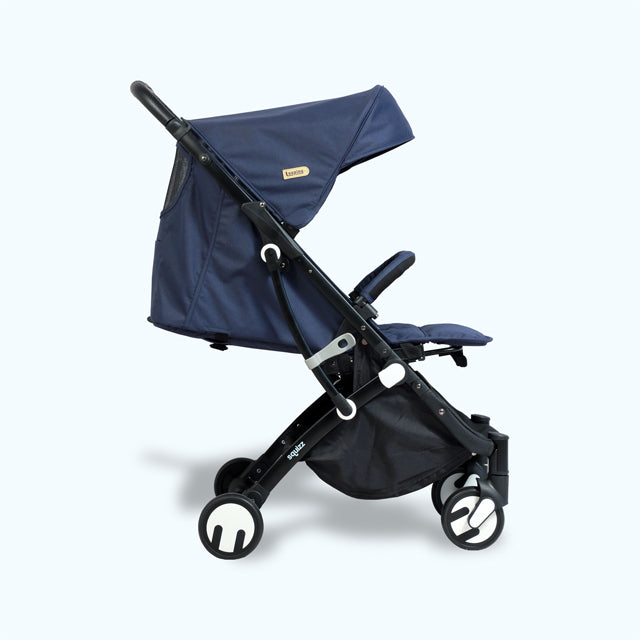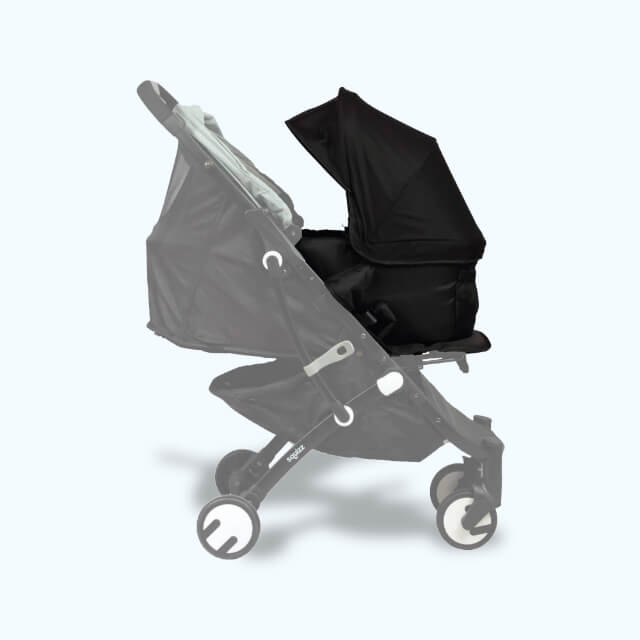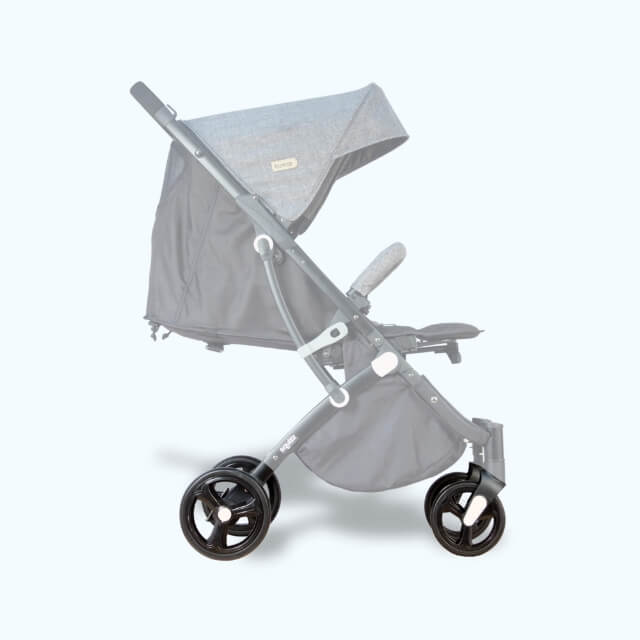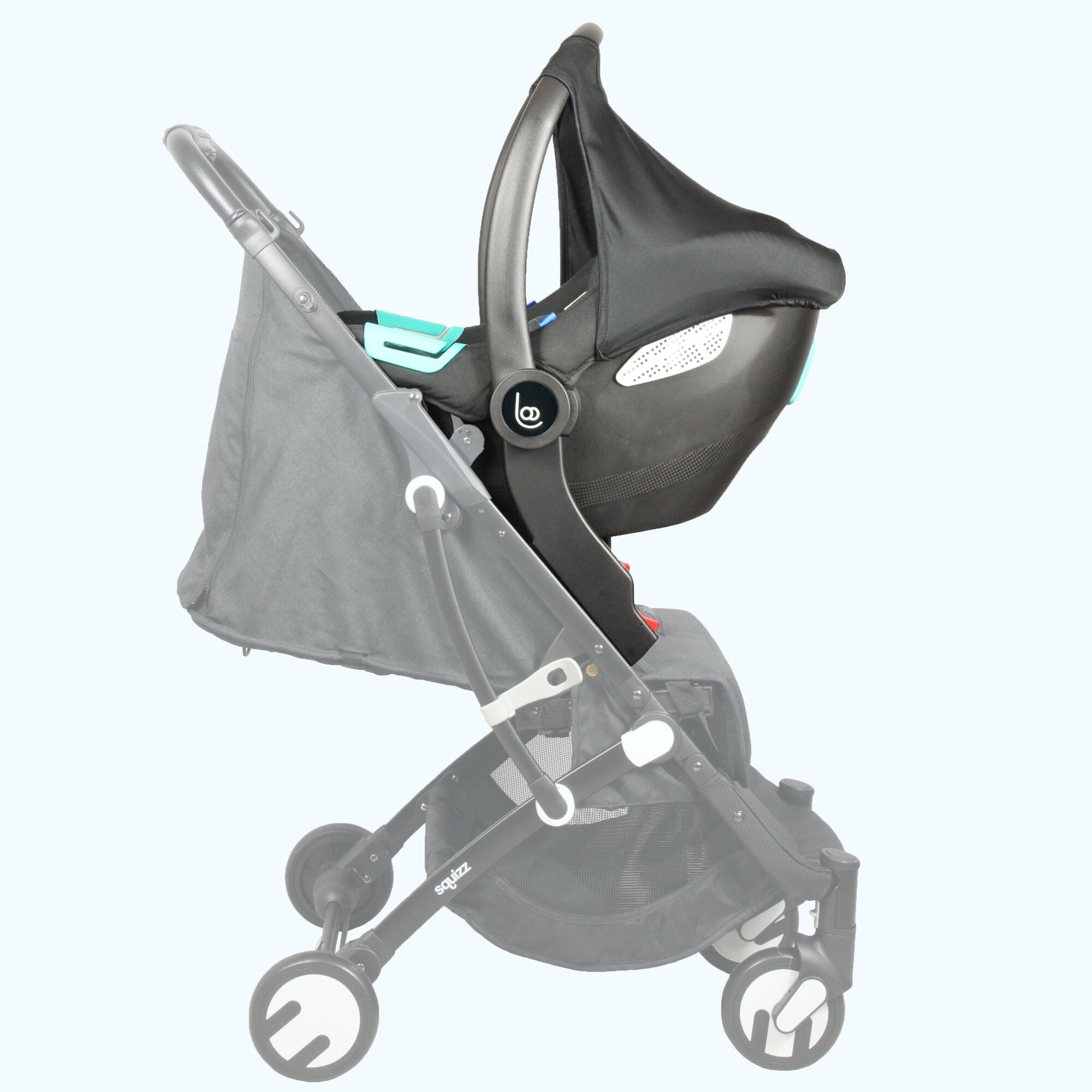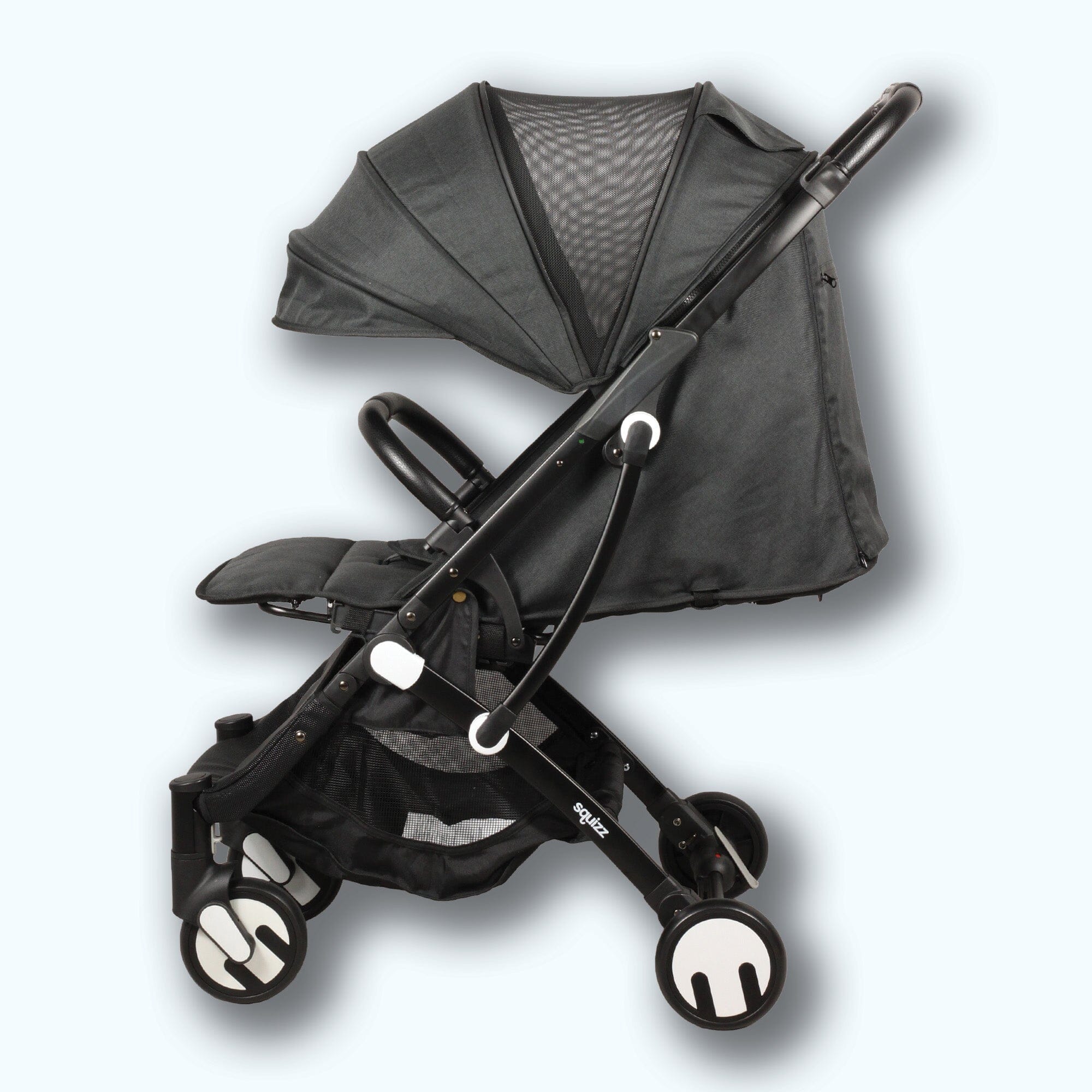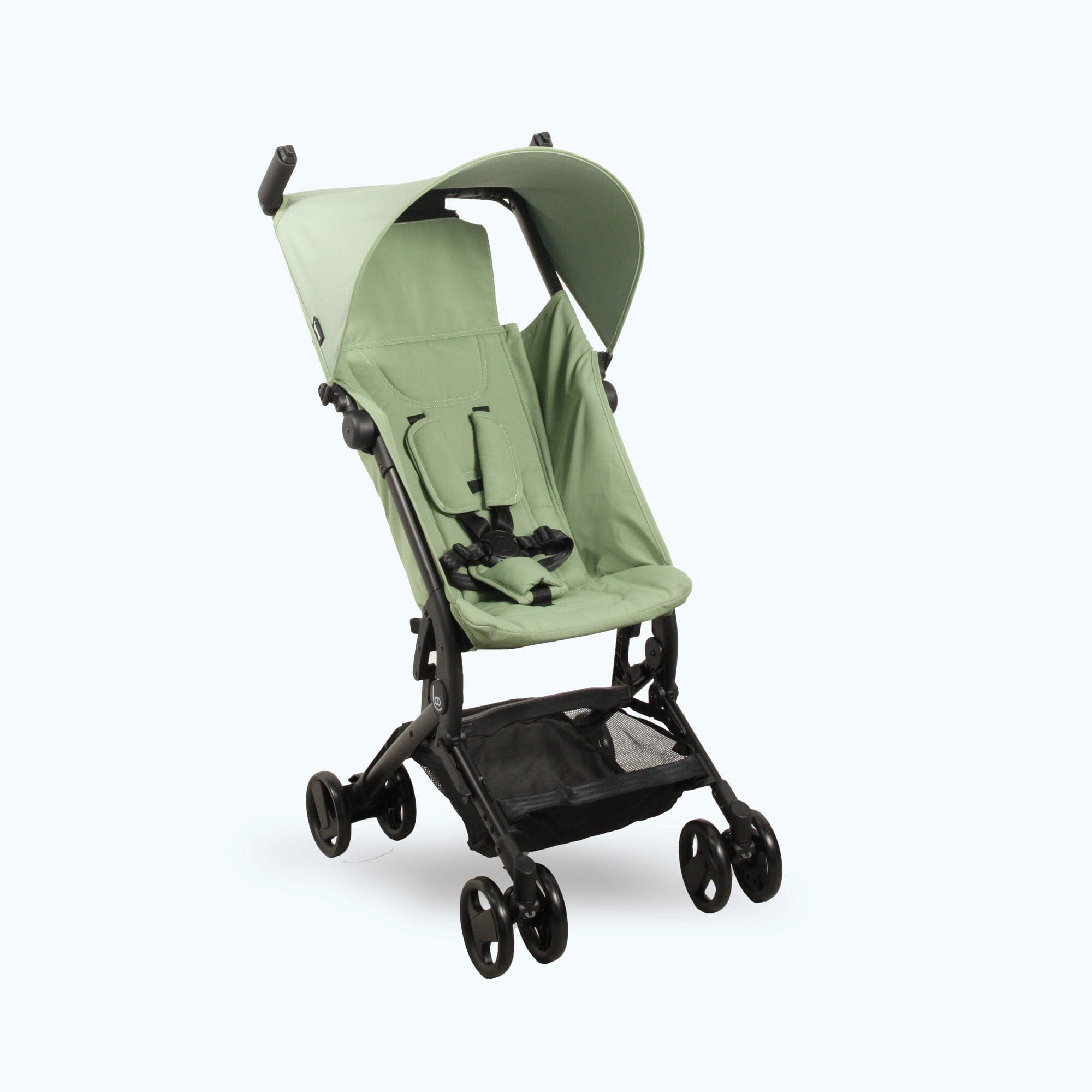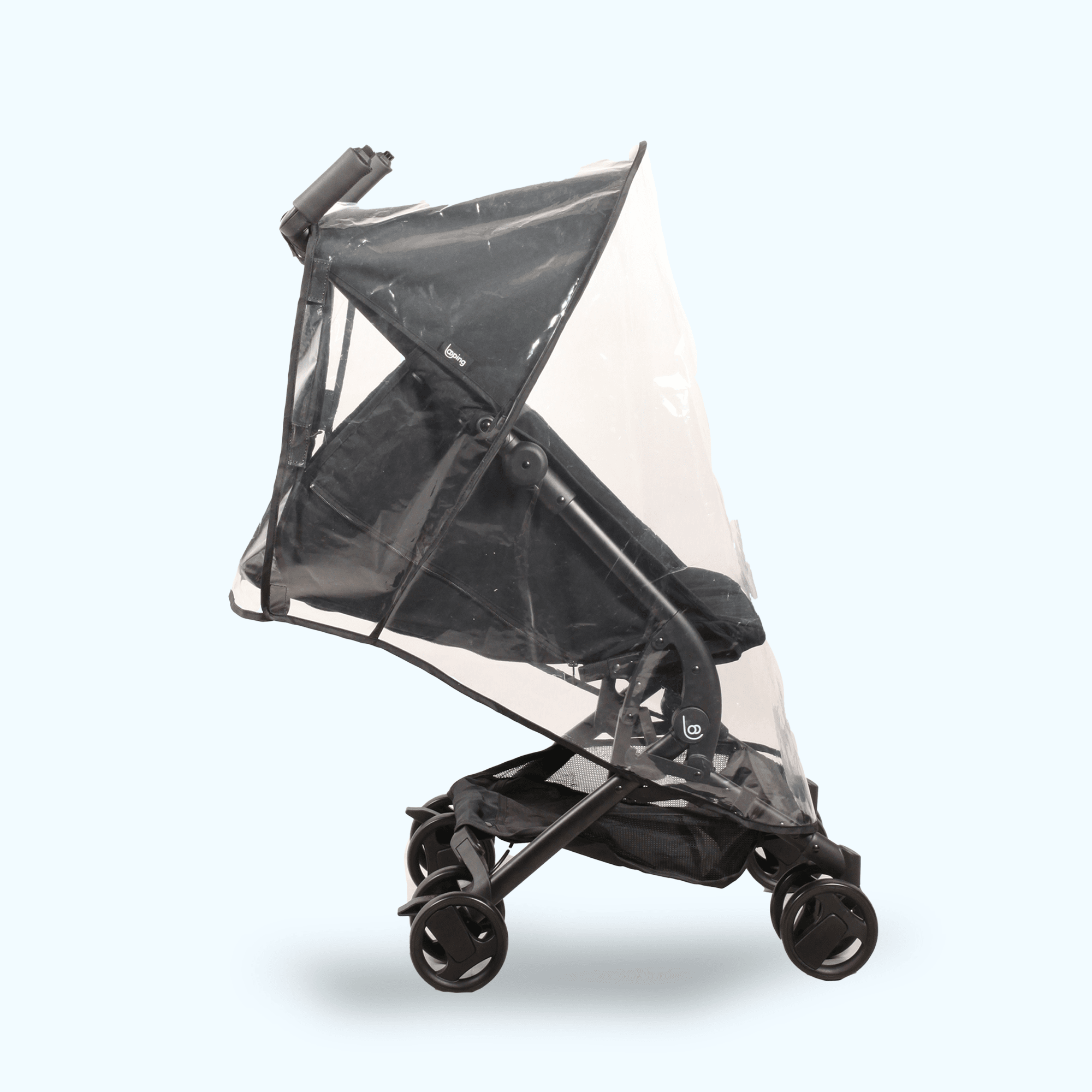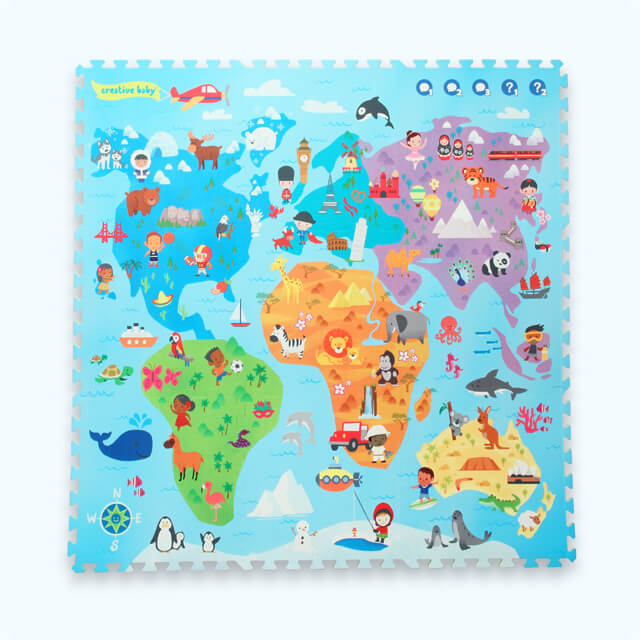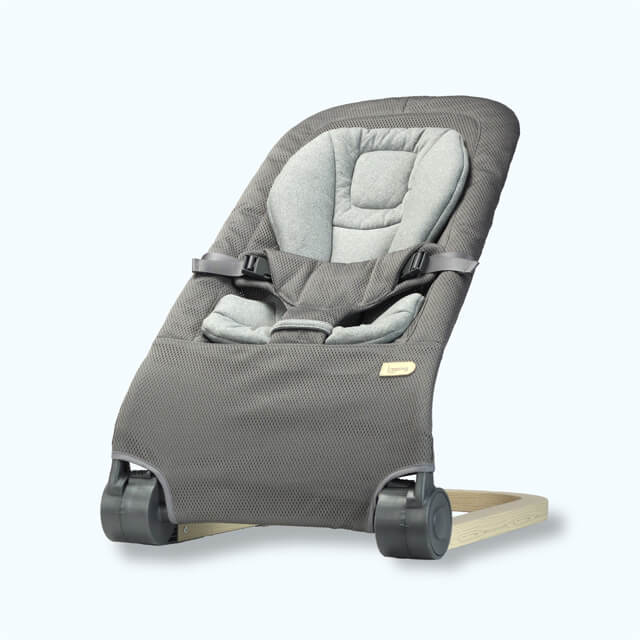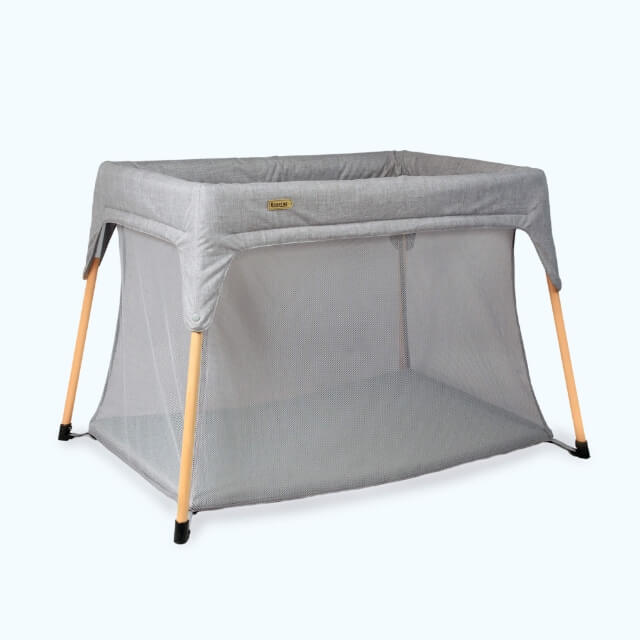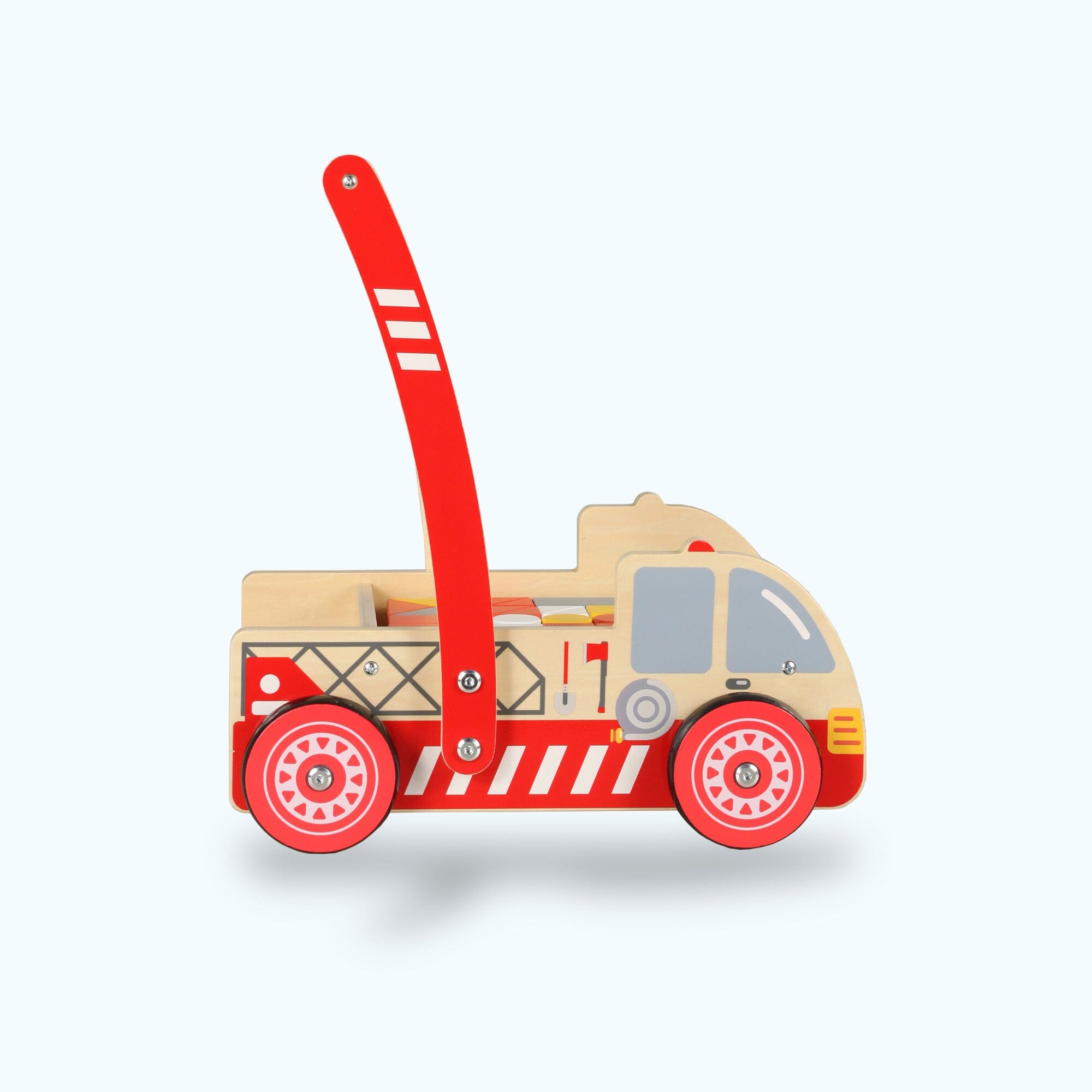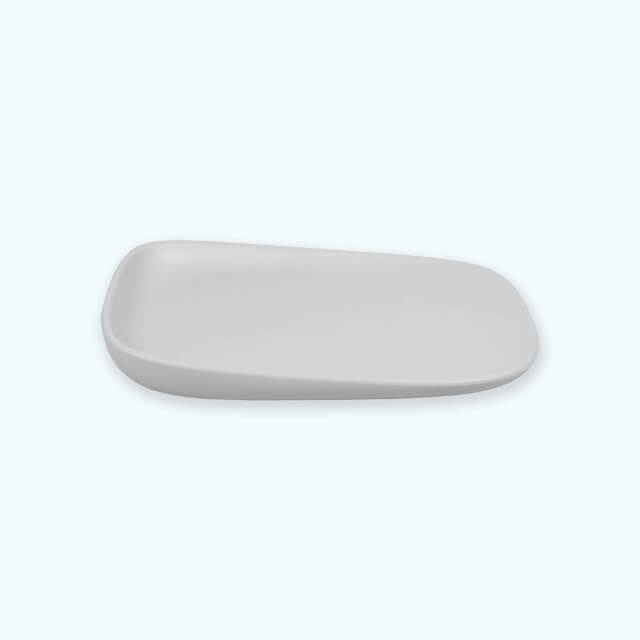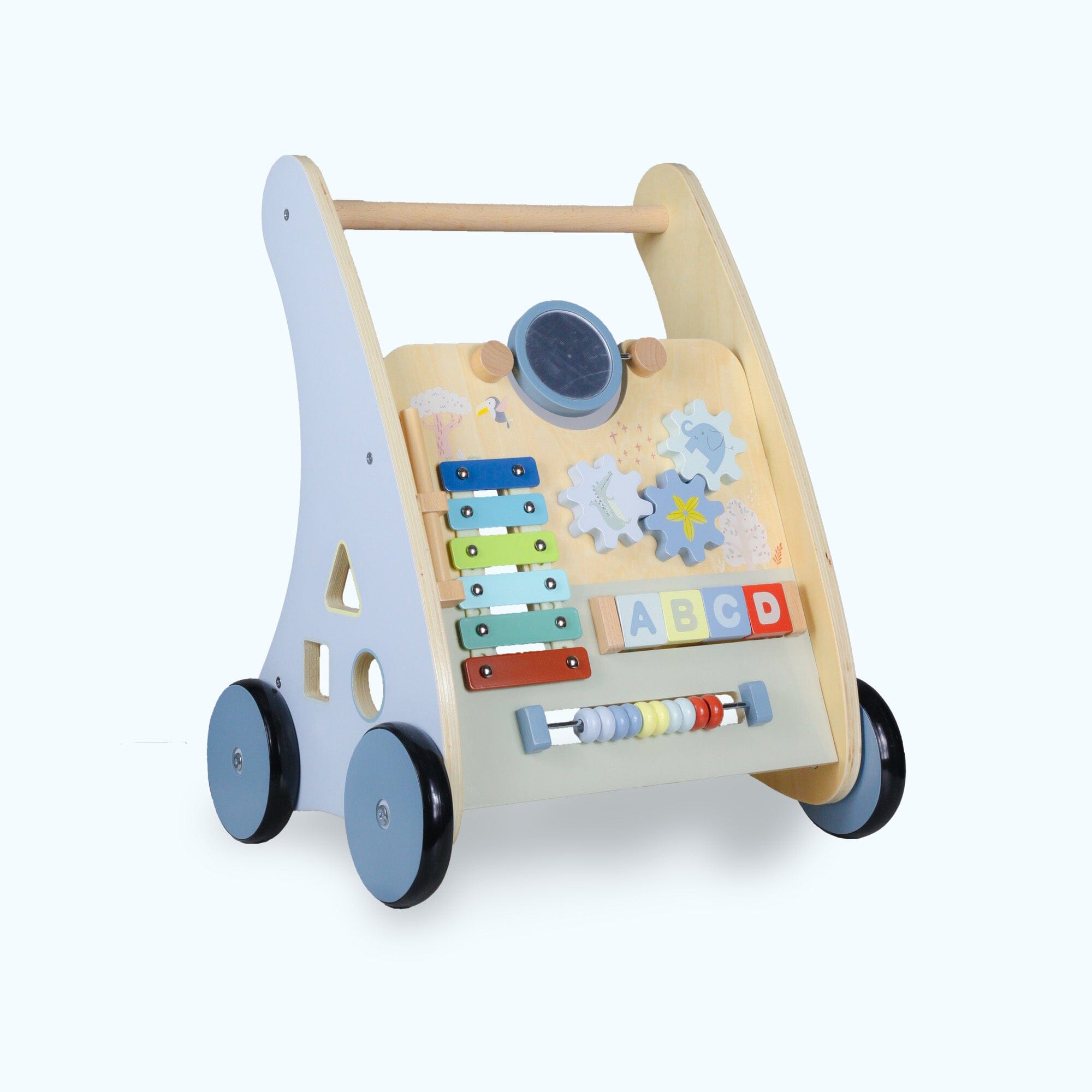Sleep, eat, cry. This is what newborn behavior consists of during the first months. His crying is probably the main characteristic of his behavior. For example, your baby will cry because he's hungry, upset, wet or uncomfortable, or just because he needs a cuddle. And sometimes your baby will cry for no apparent reason. We will address the following questions:
1. Newborn crying: what to expect?
2. Understanding and Responding to Your Newborn's Behavior
3. Managing newborn crying: our advice
4. When to seek help for newborn behavior?
5. Typical behaviors
Newborn crying: what to expect?
Crying is a newborn's main way of telling you what it needs: It inspires you to act, even if you're asleep. Crying peaks around 6 to 8 weeks of the baby. This period of intense newborn crying is difficult, but it will pass. Babies cry and groan on average nearly three hours a day, but of course, this is specific to each baby: some cry much longer than that. Most of this crying and fussing seems to happen in the late afternoon and evening, but every day is probably a little different. As babies get older, they spend less time crying, and the crying is also more likely to be spread throughout the day.
Crying is often a sign that your baby is tired or overstimulated. But it can also be noticed with other signs of fatigue: for example, they may pull their ears or suck their fingers when this is the case.
Understanding and Responding to Your Newborn's Behavior
Your newborn discovers the world around him. How you react to your baby's behavior, especially her crying, tells her a lot about the world.
For example, your baby may discover that when he cries, someone comes to give him what he needs. It can be changing his diaper, feeding him or cuddling him. If this happens, the baby will notice that the world is quite pleasant. If you respond quickly to comfort him when he cries, your baby may cry less often overall. It's completely normal to hug him at times like this. It helps her feel safe and know you're not far away.

Managing newborn crying: our advice
If your baby cries a lot, it can be frustrating, upsetting, and overwhelming. It's okay to take a break until you feel calmer. Put your baby in a safe place, like a crib, or have someone else hold him for a while.
These ideas can help you and your baby:
- Reduce stimulation around him - for example, try to sit with your baby in a quiet, dimmed room.
- Wrap it up. It can help her feel safe.
- Hum a soft, soothing melody. Your baby knows your voice and prefers it to other sounds.
- Lay him on his side in bed and pat his back rhythmically. Gently roll him on his back if he falls asleep.
- Take your baby for a walk in the pram or in a baby carrier. Movement can sometimes be soothing.
- Try listening to "white noise", such as a fan or the radio tuned to static between stations. This can help calm your baby. Some special “white noise for babies” playlists exist.
When to Seek Help for Newborn Behaviour?
Coping with crying gets easier and easier as your newborn gets to know the world better and lets you know what he needs. It also becomes easier to understand your baby's signals and body language. No one knows your baby better than you. If you are worried about your baby's crying, talk to your GP or child and family health nurse. All children have the right to be safe and protected. Ask for help if you feel like you can't cope or that you could hurt your child.
Typical behaviors
In general, when baby cries, make sure his diaper is clean, he's had enough to eat, and he's not thirsty. Also check his temperature (from 38°C, it is best to take him to the doctor). But here are some clues as to why she was crying...
- Baby brings his hands to his mouth or face, then he makes sucking movements? Hungry baby . This may be accompanied by a low-pitched, rhythmic, repetitive cry associated with other cues such as searching for the breast, a sucking motion with the tongue, lip smacking, or putting fingers in the mouth. The solution : You can test it by handing it a pacifier. Respond to hunger cues quickly so your baby doesn't get too upset. If he gets upset and starts swallowing air with his milk, he may hold gas or spit up, which will likely make him cry more.
- How do you know if it's too hot or too cold ? Touch his feet and hands. If they are cold or slightly bluish, the baby is cold and therefore not dressed enough. If, on the contrary, he is sweating on his neck and head, it means that he is hot and that you have to take his clothes off. Otherwise put your fingers on his chest to check.
- How do you know if you need to change your diaper ? Lift the diaper at the level of the buttocks. No need to remove it entirely. The smell should easily alert you as well.
- How do you know if baby is tired ? He is grumpy and falls asleep very easily on his arm. His eyes are red, he rubs them. This may be accompanied by a continuous and increasingly intense cry. Remember that newborn babies often sleep more than 16 hours a day.
- How do you know if baby is sick ? He has a fever and rashes. Check the color of the complexion, the consistency and the color of the stools.
- Colic is when babies cry for no apparent reason and are almost impossible to calm down. Usually they squirm and have gas. They eat often and digestion can sometimes be difficult. If you suspect your baby is having colic, hold him with his head to the side near your elbow, with your hand supporting his abdomen. You can also massage his belly with the flat of your hand, making large circles around the navel. If this persists, it is advisable to have a checkup with your doctor or pediatrician to rule out medical causes for the crying.
- Baby is bored : His cries start out as coos, then turn into restlessness (when the attention he needs doesn't come). This then turns into indignant crying ("Why are you ignoring me?"). The solution : Take your baby in your arms or play with him and you will find that the crying stops immediately.
If it's none of that, it's because he wants a hug !

We love when baby is doing as well as possible. Go here to learn about other potential causes of baby crying, and how to fix them.
Source :
https://raisingchildren.net.au/newborns/behaviour/understanding-behaviour/newborn-behavior
https://www.whattoexpect.com/first-year/week-10/decoding-cries.aspx
https://www.parents.fr/bebe/eveil-et-developpement/les-pleurs-de-bebe/decrypter-et-calmer-les-pleurs-de-bebe-78799
https://www.laudavie.com/nos-conseils/digestion/discomfort-digestif-pleurs-bebe/
https://www.mpedia.fr/art-cries-de-mon-bébe/
